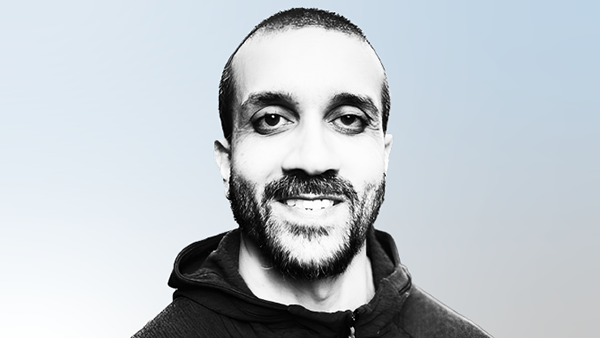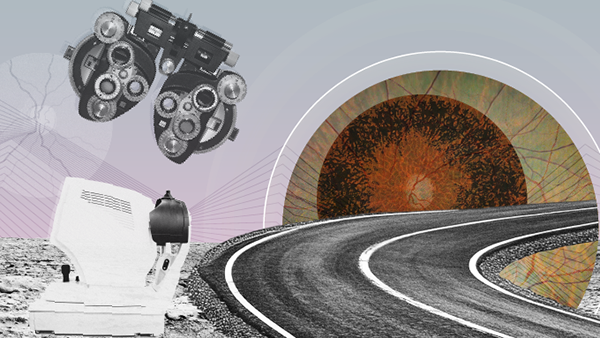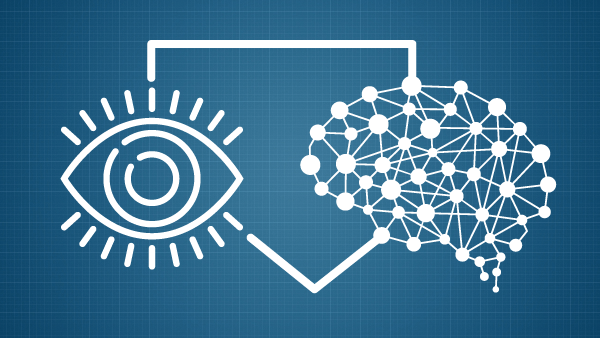You are viewing 2 of your 3 articles before login/registration is required
Monocul-arr Deprivation?
Is modern neuro-ophthalmology only just catching up with what pirates knew several centuries ago?
It’s an oft-rehashed notion that when a person has lost one of their five senses, their other senses become heightened to compensate. Blind people, for example, tend to have better auditory and olfactory sensations than their seeing counterparts – research has shown that the brain adapts to account for any sudden or gradual changes in sensory input, particularly for those born blind.
Building on this foundation, a new NeuroImage study examines how the brain “rewires itself” to temporary changes in the processing of sensory information, and how even the lack of sight in one eye for just a few hours can be enough to affect how the brain processes visual and auditory data. The study looked at the effects of monocular deprivation (MD) on the brain – with participants wearing eye patches – and found that the effects of MD “enhanced visual excitability” for the patched eye, with the brain also becoming more receptive to auditory input.
All this reminds me of something I read about pirates and their distinctive eyewear. While it’s generally assumed that Blackbeard, Captain Kidd and their ilk wore eye patches to cover up battle scars, some historians believe that these eye patches were in fact fashioned tactically to improve their ability to see in the dark. If caught off-guard during a night-time raid, the salty sea dogs would switch their patches to the other eye, allowing for some unimpeded swashbuckling as the previously obscured eye quickly adjusted to the low-light conditions.
So, does this mean – with all our modern research and technology – we’re only just catching up with what these scallywags knew centuries ago? It’s enough to take us all down a peg or two…
The New Optometrist Newsletter
Permission Statement
By opting-in, you agree to receive email communications from The New Optometrist. You will stay up-to-date with optometry content, news, events and sponsors information.
You can view our privacy policy here
Most Popular
Sign up to The New Optometrist Updates
Permission Statement
By opting-in, you agree to receive email communications from The New Optometrist. You will stay up-to-date with optometry content, news, events and sponsors information.
You can view our privacy policy here
Sign up to The New Optometrist Updates
Permission Statement
By opting-in, you agree to receive email communications from The New Optometrist. You will stay up-to-date with optometry content, news, events and sponsors information.
You can view our privacy policy here








